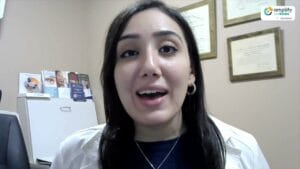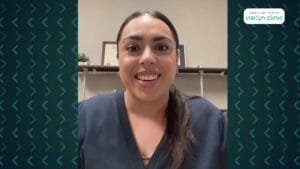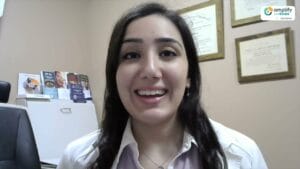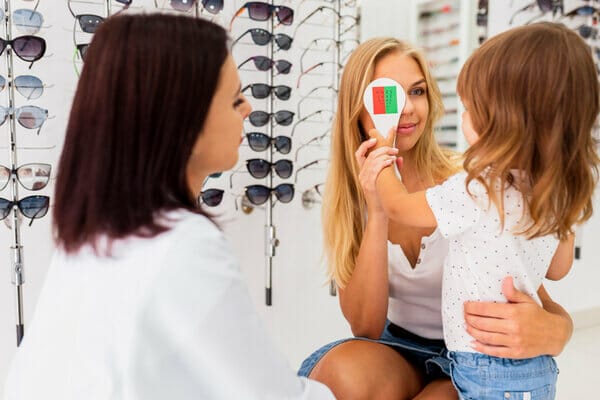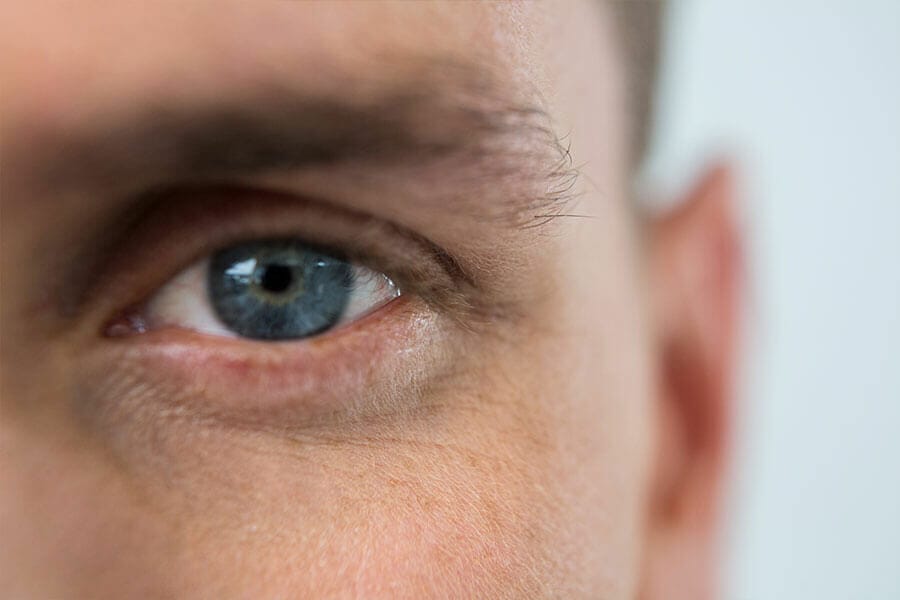You should have your eyes tested once a year if you are 40 or older. The reason is that we are more likely to develop eye diseases as we age, such as cataracts, age-related macular degeneration, glaucoma, dry eye and presbyopia. An annual comprehensive eye exam can detect these diseases early, even before any symptoms show. However, this is a general rule, and depending on your medical and family history, some patients need to come back as much as every few months, if your eye doctor is monitoring for potential progression of eye disease. It is very important to follow the recommendations of frequency given to you by your eye doctor. Many eye diseases cause irreversible vision loss which could have been prevented if an eye doctor was monitoring the patient more frequently.


